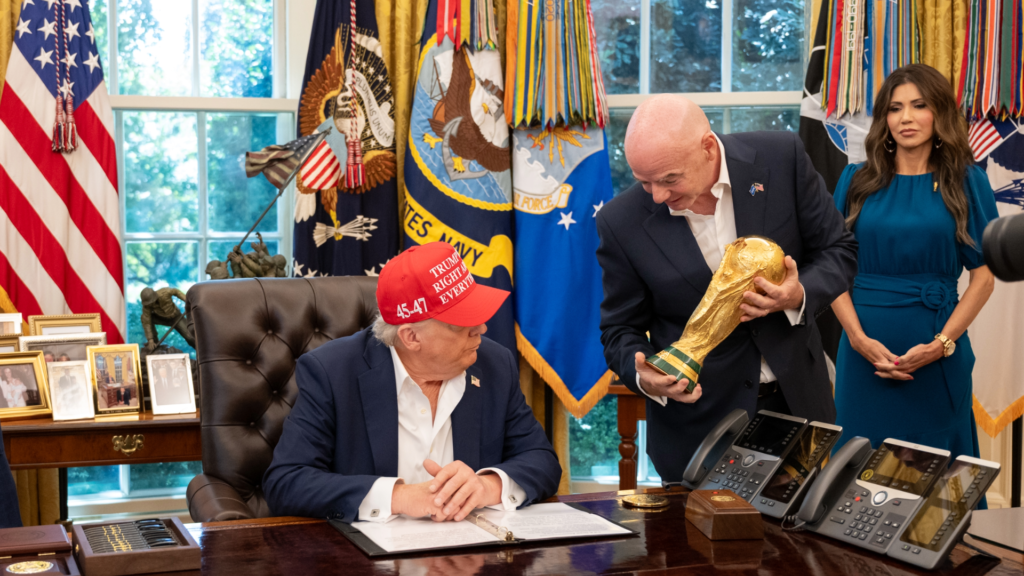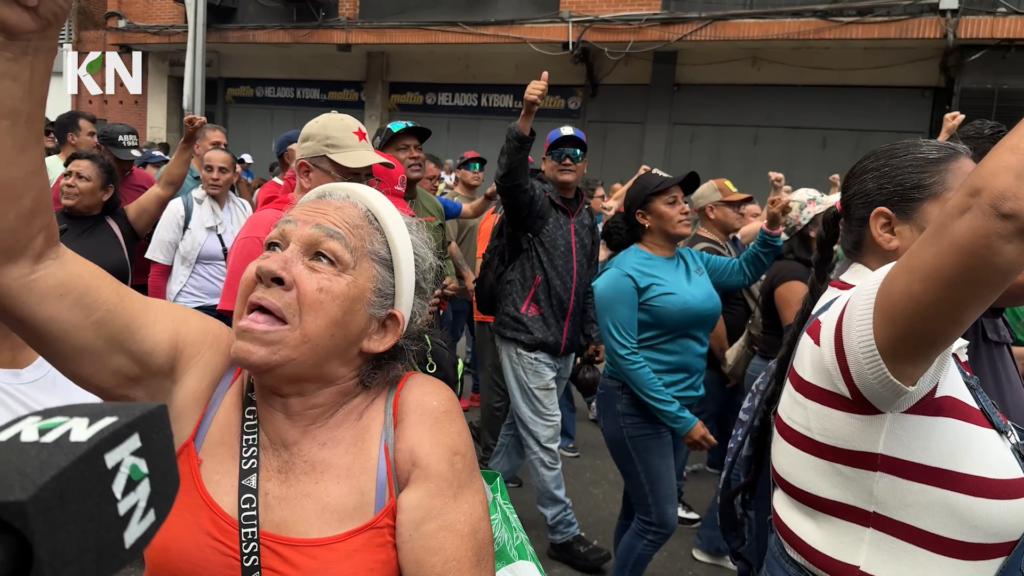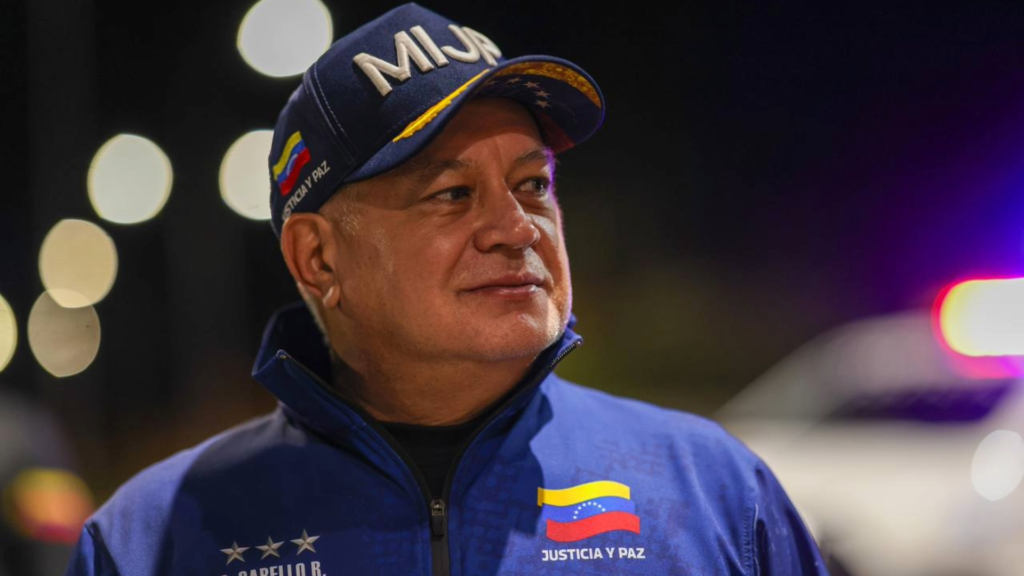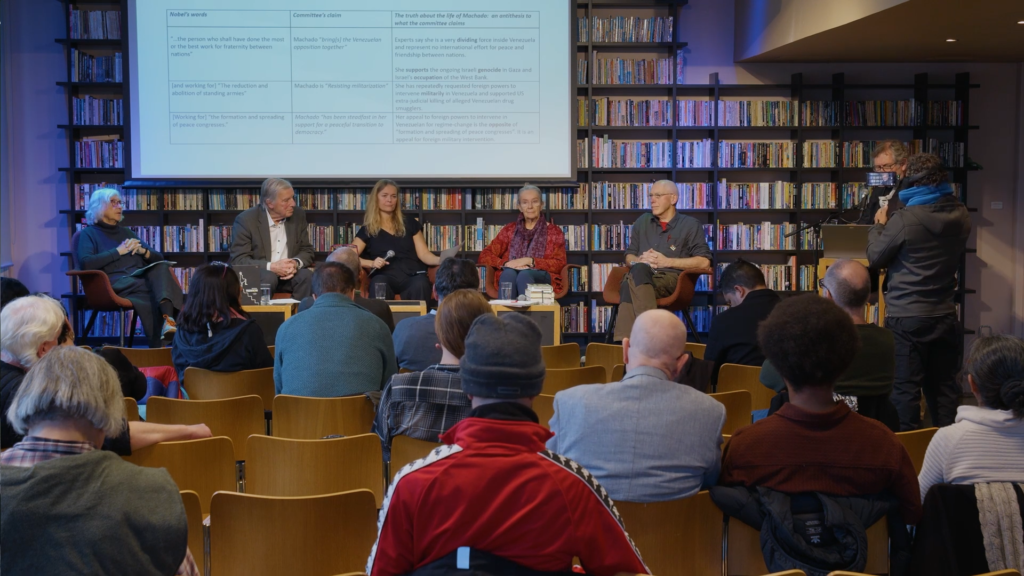https://gadebate.un.org/sites/default/files/gastatements/79/vc_en.pdf
THE TRAVAILS OF SMALL ISLAND DEVELOPING STATES
BY
DR. THE HON. RALPH E. GONSALVES PRIME MINISTER OF ST. VINCENT AND THE GRENADINES
Mr. President, Your Excellencies,
Despite a quarter century of analysis, advocacy, and prescriptions set forth by the leaders of Small Island Developing States (SIDS) and international institutions charged with advancing the interest of SIDS, our travails are enduring in a global community largely disinterested in our well-being and that of small states generally. We in SIDS remain unequally yoked in a global community motivated by the baser instincts of the untrammeled power of money, ideology, guns, lethal weaponry, territorial and global dominance.
To be sure, the SIDS have made incremental advances in the global community and in the architecture of international relations; nevertheless, for us in SIDS it has been a situation akin to going up a down escalator in which the down escalator is moving at a faster pace than the upward baby steps. Frequently, it appears as though much of the powerful would wish that SIDS did not exist. But here we are stubborn as the heavens; we are not going anywhere despite our massive vulnerabilities. Our people have a permanence in this world even if some of our lands wash away; we have a voice, and we will continue to use it.
We demand as of right especial support from the international community to address efficaciously the unique social, economic, and environmental vulnerabilities of SIDS, in the interest of the nearly 70 million people who permanently occupy the seascape and landscape of SIDS, and in the interest, too, of all the other eight billion or so persons who inhabit Mother Earth. Small Island Exceptionalism ought to be a category embedded formally in international law and accorded most favorable treatment.
Rather than securing a most favorable treatment, the SIDS are required to fight to maintain even the special considerations which Providence or serendipity has bestowed upon them. A case in point is the attempt, currently, by the International Development Association (IDA) to pit the most vulnerable — the SIDS — against the poorest countries in its quest to tighten the terms under which qualifying SIDS, of a particular income level, such as St. Vincent and the Grenadines, obtain soft-loans through the World Bank—IDA nexus.
[The answer is not to penalize further the most vulnerable, but for the richer countries globally to put more money to the cause of the poorest; and to broaden concessionary treatment to vulnerable middle-income SIDS.]
In any event, why is the World Bank persisting with the single, anachronistic and ill-designed metric of average per capita income in respect of vulnerable SIDS, in the age of the Anthropocene, as against a more comprehensive and sensible measure of a Multi-dimensional Vulnerability Index?
Your Excellencies, the unvarnished truth is that the developed countries have not kept their promises to the SIDS, except the most marginal ones.
Importantly, the countries of the developed world, the major historic, and contemporary emitters of greenhouse gases, have failed and/or refused to keep their solemn commitments of restricting the global temperature at below 1.5 degrees Celsius, above pre-industrial levels. Unless there are drastic alterations in the patterns of consumption, production, life, and living in developed, and large emerging economies, our planet is inexorably on a path to a proverbial hell in a hand-basket. In the process, countries of an island or seaboard civilization are likely to be inundated by raging seas and enveloped in searing heat.
On the matter of the financing of climate change, the developed countries, which have the means and the major historic responsibility to contain this existential threat, have been parsimonious and less than responsible, in practice.
Even today, the cynicism and double-speak of several major developed countries is breathtaking in response to the quest of most of the global community to transform the international financial institutions as fit-for-purpose in today’s world, and for responsible, reasonable alterations in the actual modalities of climate change financing. High representatives of most of these developed countries pay lip-service, in general, to the innovative Bridgetown III proposals, endorsed by the Caribbean Community, only to nit-pick and delay, in the particular, on the essentials. Brazenly, when these developed countries make a marginal concession, they trumpet it as a major advance so as to send the proverbial fool a little further.
The Antigua and Barbuda Agenda for SIDS (ABAS), adopted earlier this year, encompasses an action-oriented framework for the way forward. The recently adopted “Pact for the Future” by the UNGA provides a wider and promising buttress. In our advocacy for the 39 SIDS, we embrace, too, the cause of the Least Developed Countries, and the Landlocked Developing Countries — all 92 vulnerable countries in the UN System. Your Excellencies, growing material dissatisfaction grips increasingly large numbers of people in both the metropoles and the hinterlands in this highly inter-connected world.
Noticeably, the ceremony of innocence is drowned, things are falling apart, the centers cannot hold, and the cascading effects are ripping the world asunder; the best of all lack conviction and the worst are full of passionate intensity. Creative resistance and reconstruction are the banners under which ordinary men and women across the globe are draping themselves. Sadly, in the North Atlantic countries there is growing and dangerous constituency for an illiberal, even a neo-fascist, option of looking forward to an illusory past in search of making again their countries unalloyed, mythical paradises of unrivaled dominance; they are looking forward to a past that never was.
At the same time, even a modest, middling social democracy is on the retreat because this old political shell of the post-1945 global order can barely contain the erupting contradictions within, and outside, it. A search for new modalities is emerging but not yet fully formed, in part because the old order is unprepared to relinquish, cede, or share power, even as it realizes that it cannot continue to rule in the old way; but the new is yet to be born, and the forces of change lack a sufficiency of strength to deliver satisfactory alterations.
Your Excellencies, the war in Ukraine, the genocide in Gaza, the conflicts in the Yemen, Sudan, and the Democratic Republic of the Congo, the threats across the Taiwan Strait, an empire’s designs on revolutionary Cuba and Venezuela, the violence and more in Haiti, and such like disruptions of the peace globally, all have specific origins and contexts. But they are all reflective, too, of a failure of multilateralism, a hamstrung United Nations framework, and a derogation from the fundamental precepts of the Charter of the United Nations. Large, powerful nations, singly, or in allied combinations, have a propensity to seek dominance. In this milieu, opportunistic or servile alliances emerge or persist as the particular circumstances admit. It all degenerates into a Manichean politics of the mad-house; hypocrisy, disinformation, and folly reign supreme.
Your Excellencies, in this context, arises the trope of the neo-liberal global order that the principal contradiction in today’s global political economy is between democracy and autocracy.
Still, all the self-serving shibboleths and gloss of this fictional construct will not wash away the unrepentant sins of the past or the cruel impositions of the present. The blinding truth is that the central contradiction in today’s political economy is not between democracy and autocracy. The main contradiction, has been and still is today, that which revolves around the fundamental material questions of “who gets what, when, where, and how”; it is centrally about the struggle or competition for ownership, control, and distribution of material resources which constitute the basis for regional or global hegemony. [In the variously proposed “New World Order” by rival hegemons, we from the periphery ask: What’s new? Which world? And who gives the orders?] Everywhere, more and more, the poor, the hungry, the marginalized, the disadvantaged are clamouring, and organizing, for a different and better future, not an unacceptable past, not a present without possibilities for upliftment; but for a future beyond unbounded elements.
Your Excellencies, sadly, in our region, we have been experiencing the lived reality that the imperial ghost of Monroe still stalks the marbled halls of the citadels of a neighboring great country of extraordinary possibilities to the detriment of countries in Latin America and the Caribbean. No country in our hemisphere can reasonably be considered a security or other threat to this great nation. Yet, St. Vincent and the Grenadines and other Caribbean countries have been damaged collaterally, and directly, in significant material ways, by the weaponizing of the financial system and the unjust, unilateral, coercive sanctions against Venezuela and Cuba, which are a breach of international law. I am pleading with our friends for an amicable reset of these troubled relations in the interest of peace, mutual respect, justice, and prosperity. The international community continues, overwhelmingly, and rightly, to demand the end of the unilateral sanctions, the embargos, and unfair declarations about state sponsorship of terrorism, and more, made against Cuba.
Your Excellencies, on July 1, 2024, the Category 4 Hurricane Beryl battered St. Vincent and the Grenadines, Grenada, and Jamaica. Since the dawn of the 21st century this is the 12th significant natural disaster to have struck my country, excluding the volcanic eruptions of 2021. Hurricane Beryl has adversely affected one-fifth of our population and has caused economic damage amounting to one-third of our country’s Gross Domestic Product (GDP). The relief, recovery, and reconstruction processes are underway.
On behalf of the government and people of St. Vincent and the Grenadines, I thank all countries and organizations, including the United Nations, that have come to our aid in the immediate aftermath of the hurricane. Unfortunately, for the recovery and rebuilding processes, we are essentially on our own; we have had to seek significant loans to rebuild our physical infrastructure and 5,000 houses, to provide income support for affected persons, and to mobilize production support for the agricultural, fishing, and tourism industries. I am appealing to the international community, our dear friends, to assist us not with further burdensome loans, but with requisite grants. The recovery and reconstruction after every natural disaster increase sharply our debt burden; countries like St. Vincent and the Grenadines have contributed little or nothing to global warming and man-made climate change, yet we suffer largely alone on the frontlines. This cannot be fair; it cannot be just. Do we have to choose DEATH or DEBT?
Your Excellencies, the Caribbean Community, the African Union, the Community of States of Latin America and the Caribbean, their diasporas and all fair-minded persons globally have been insisting that the European nations responsible for native genocide and the enslavement of African bodies pay reparations for the consequential legacy of underdevelopment. This issue of transformative reparatory justice will not go away, until it is addressed appropriately. [In this context, too, Saint Vincent and the Grenadines supports the initiative of Colombia, Brazil and South Africa for a UNGA Resolution towards a second International Decade for People of African Descent with Dignity and Transformative Reparations.]
Your Excellencies, the suffering and pain of the Haitian people continue to weigh heavily on the consciences of our Caribbean. Through the efforts of the Haitian people, in tandem with the regional and international communities, especially CARICOM, the USA, Canada, and Kenya, a measure of progress has been made on some fronts, but immense challenges remain in the humanitarian, security, political, and economic spheres. The building of a free, democratic, peaceful, and prosperous Haiti demands commitment and concerted action from all relevant stakeholders in pursuance of solutions devised by Haitians and led by Haitians. Haiti fatigue is not an option for the international community.
Your Excellencies, in our Caribbean there is a growing challenge of violent crime involving the combustible mix of imported guns and bullets, illegally exported marijuana, and the trafficking of cocaine from South America. It is evident that this challenge demands much closer operational cooperation between all the countries concerned in the Caribbean, North America, South America and Europe.
In the Middle East, the collective punishment meted against the Palestinians in Gaza and the continued illegal occupation of Palestinian lands, including in the West Bank, amidst accompanying state terror, by an Israeli regime, in total defiance of international law, is utterly unacceptable. Surely, despite the complexities of the problems-at-hand, this United Nations, especially the Security Council, ought to summon the courage and the will to stop the carnage and facilitate a lasting peace and security.
Your Excellencies, in the Far East, the prospect of a disruption of the tenuous peace across the Taiwan Strait is alarming. The quest for hegemony and the denial of a people’s inalienable right to self-determination are wrong in the east as it is the west; bullying is objectionable in the west as it is in the east; unilateral coercive action by a big power in the east are contrary to international law as it is surely in the west.
St. Vincent and the Grenadines continues to urge that Taiwan be allowed to participate fully in the specialized agencies of the United Nations, including those pertaining to health, air and sea transport, climate change, disaster preparedness, and global policy.
Your Excellencies, it appears that there have been recently some positive movements in the long quest to effect a judicious and just reform of the United Nations Security Council. It is evident to all reasonable persons that reform of this body is long overdue. As the Chair of the L69 Group, St Vincent and the Grenadines will continue its advocacy for an inclusive, more accountable, effective, representative, and relevant Security Council.
Excellencies, we know that a better world is possible. On the United Nations rests our hope for a better world of peace, justice, security, and prosperity. Let us all so act in accord with our responsibilities, obligations, and means!
Let us not desecrate our future!
Thank you!








